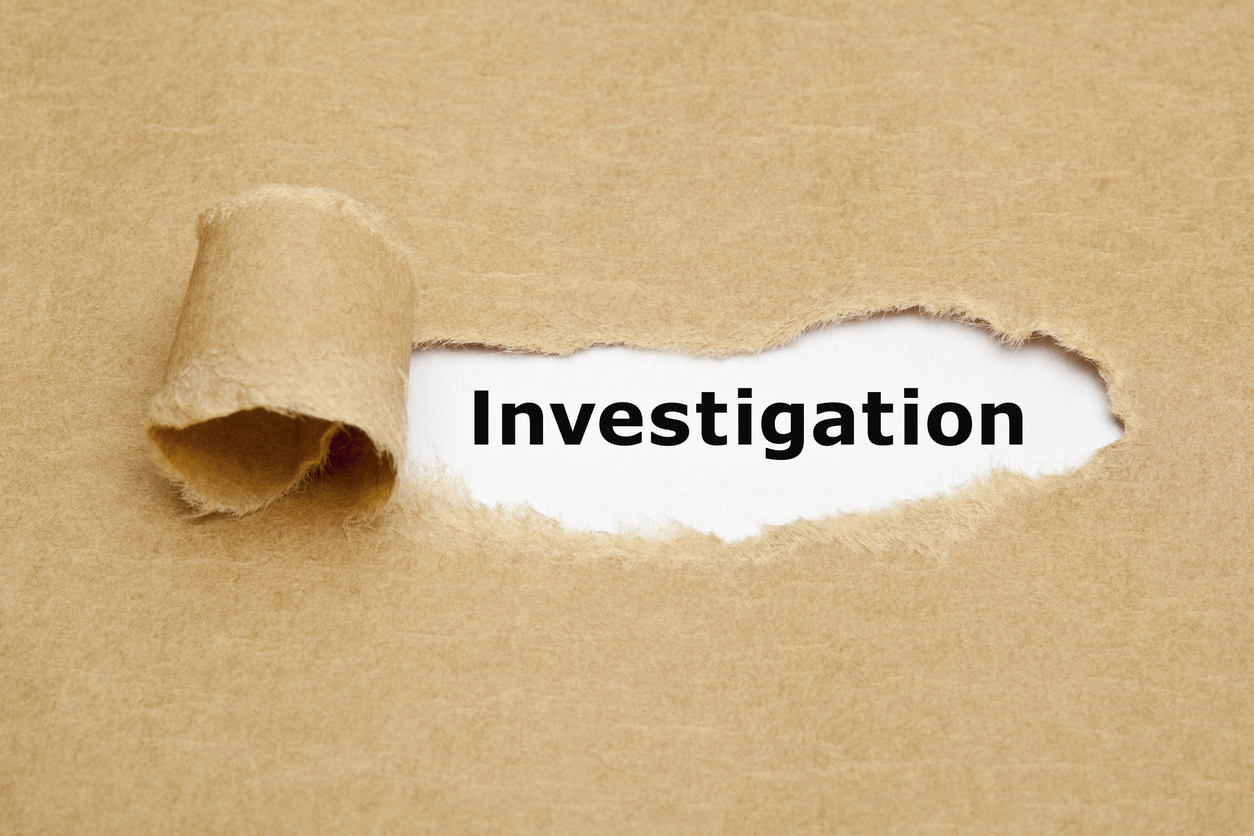When a firm is evaluating the effectiveness of their investigation program (as part of assessing the effectiveness of the Quality Management System (QMS)) the focus tends to be towards evaluating the quality / robustness of the resulting investigations. However, one of the questions that should also be asked is are investigations being initiated when required? As per ICH Q10 when discussing the implementing of corrective and preventative actions, the guidance document states that CAPA’s should arise from:
“…resulting from the investigation of complaints, product rejections, non-conformances, recalls, deviations, audits, regulatory inspections and findings, and trends from process performance and product quality monitoring. A structured approach to the investigation process should be used with the objective of determining the root cause.”
If a health agency investigator uncovers issues that they believe should have been self-identified and investigated by the firm’s QMS then this could lead to a serious citation which in turn can result in costly quality system related corrective actions including a far-reaching retrospective impact assessment. Therefore, it is recommended that a firm internally assesses the effectiveness of their investigation program for providing guidance for when quality investigations should be initiated along with confirming adherence to said program.
When reviewing agency citations there are very few dealing with the issue of a firm initiating an investigation which the agency investigator believed was unnecessary, but there have been plenty of citations due to firms failing to initiate an investigation where it was deemed necessary by the agency investigator. As such, the recommendation is that the firm errs on the side of caution and initiates the quality investigation to address the observed incident/issue so that the root cause and impact can be addressed along with the required corrective/preventative action. The firm’s investigation procedures can contain guidance by department during routine activities as it relates to when investigations should be initiated. This can be a great aid for training so, for example, it is clear when executing Manufacturing Operations when investigations should be raised along with routine activities associated with Quality Control, Quality Assurance, Technical Service / Development, Metrology and so on. For example, within a firm’s investigation procedures there can be guidance that when operating equipment / instrumentation generate “errors” or atypical behavior this should result in the initiation of a quality investigation where the cause and impact (including the need of any market action) of the error / atypical behavior is determined along with the required corrective action. It is critical that a quality investigation is initiated first and that this drives any system change control as a corrective action.
Clearly, the firm’s self-inspection / internal audit program plays a critical role in ensuring the effectiveness of the firm’s investigation program as part of the QMS in ensuring all incidents / issues result in a quality investigation, when required, and as such, it should be confirmed that this is reflected in the firm’s audit program scope. A recommendation is that the audit program includes an assessment of those records where issues/incidents would be detected where it can be confirmed that investigations were initiated where appropriate. This should include the review of logs / audit trails / completed batch records / test records / calibration records, etc.
One key consideration is ensuring that the firm’s metrics / KPI’s do not conflict with the above message and in that regard, be careful with setting performance indicators with a goal of reducing the number of investigations by department.
If you have any questions relating to your investigation program and ensuring all incidents, Lachman Consultants can help you! Please contact Paul Mason at p.mason@lachmanconsultants.com for support with this critical undertaking.




